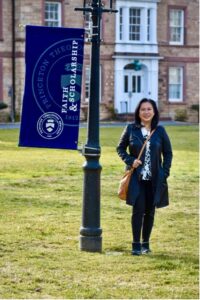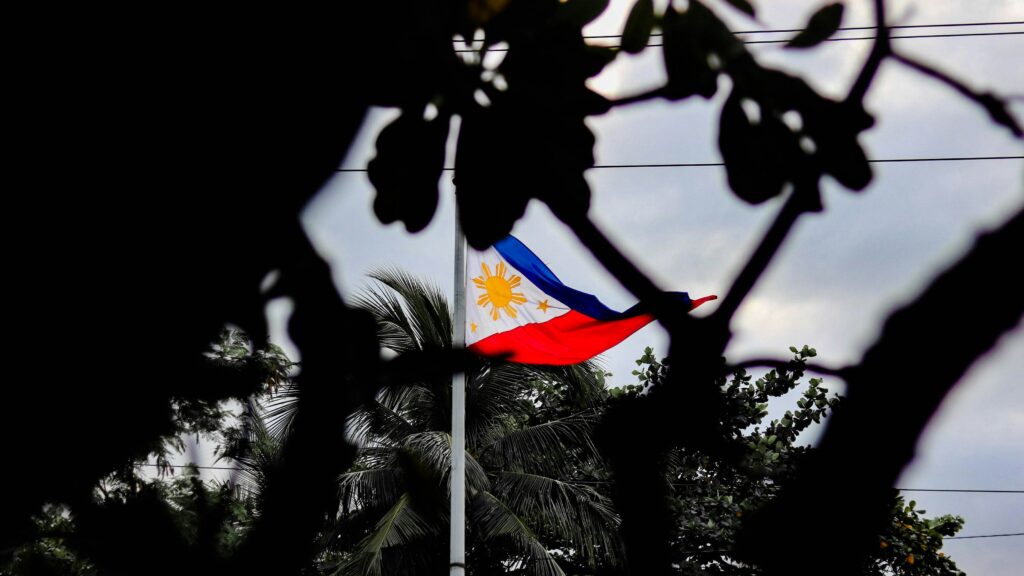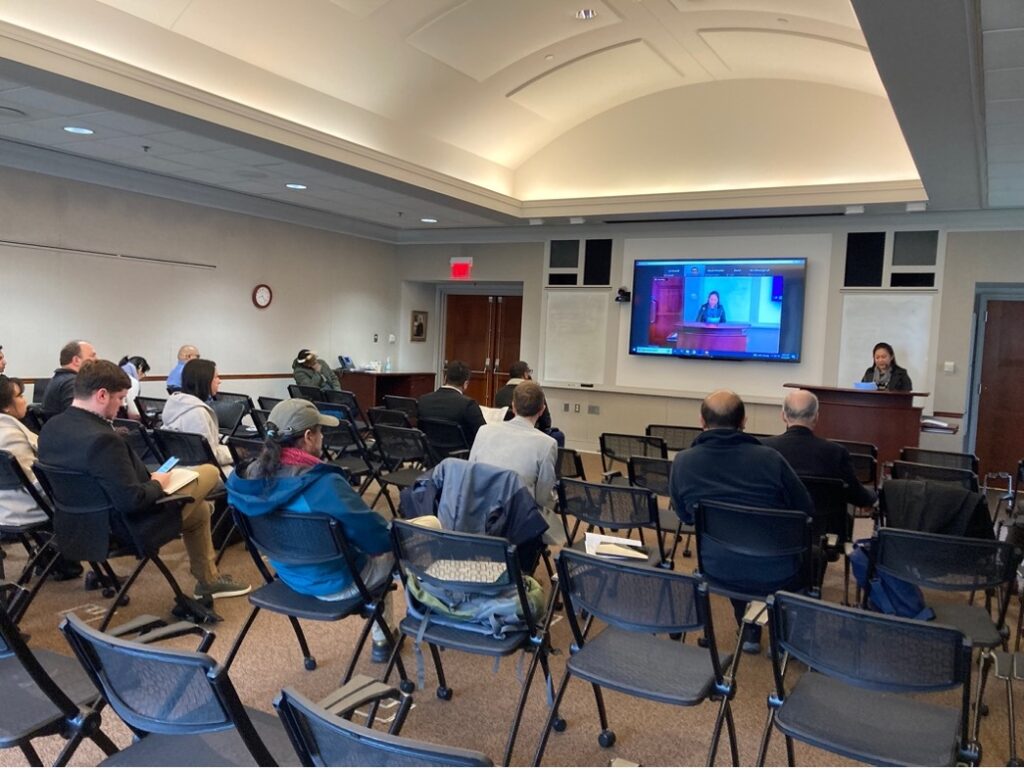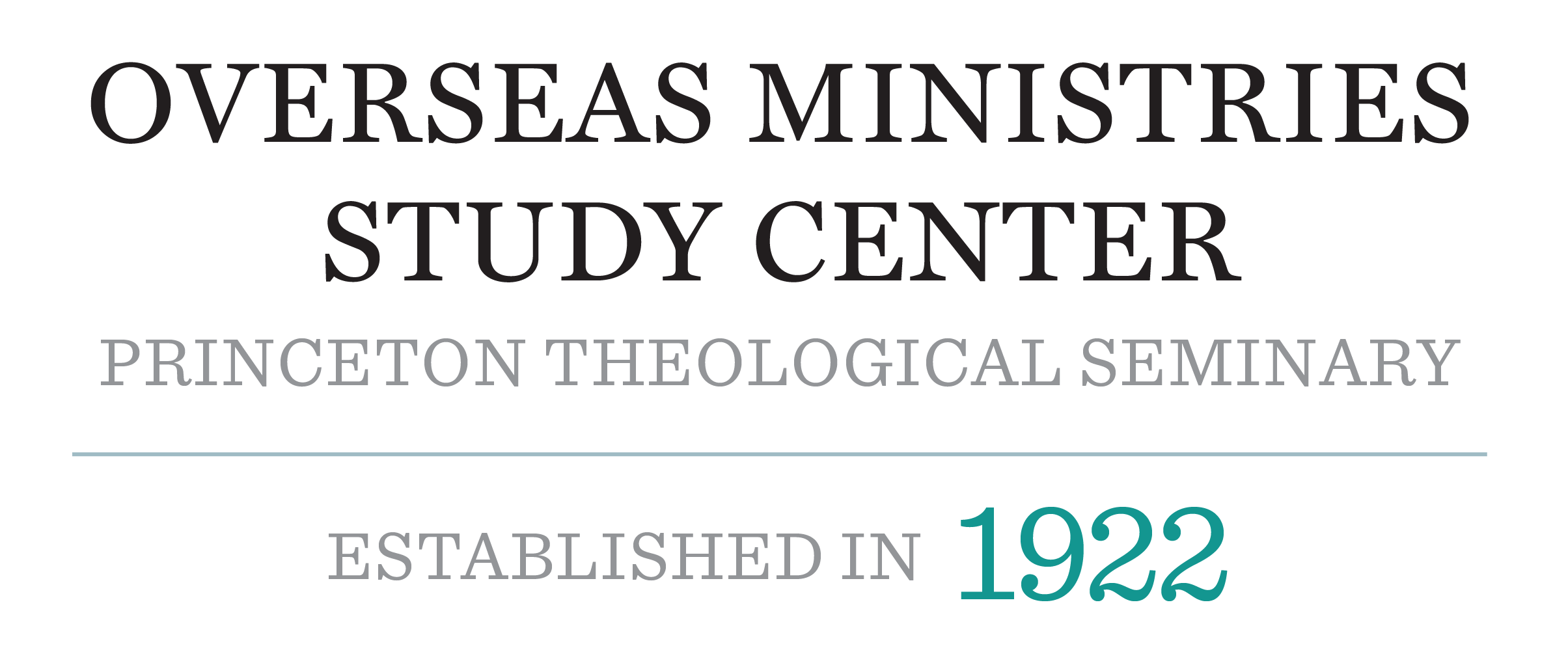
By Fides del Castillo – De La Salle University, Philippines
The article World Christianity and Mission 2021: Questions about the Future (2021) by Gina A. Zurlo, Todd M. Johnson, and Peter F. Crossing provides a recent overview of global Christianity and mission statistics. [1] The authors assert that Christianity will continue to shift from the Global North to the Global South and that emerging Christian leaders in Asia, Africa, Latin America, and Oceania will influence mission, evangelism, and the Pentecostal/Charismatic movement. Interestingly, the authors also admit to the evolving concept of what a missionary is and affirm that the “universality of Christianity […] tends to propel Christians into contact with those who have not encountered the religion” (p. 18).
As a scholar specializing in Christian religion from the Philippines, I find the paper of Gina A. Zurlo et al. immensely valuable in determining the current state of the dynamic interplay between Christianity and missions on a global scale. It also piqued my interest to research the questions: “Who are the ‘missionaries’ from the Global South?” and “How do these missionaries engage in evangelism in multicultural and multireligious environments?”
As an initial response, I turn to my context, the Philippines, and the global phenomenon of migration. The Philippines is Asia’s foremost Christian nation in number of adherents. In 2023, the Philippine Statistics Authority estimated that 83.7 percent of the 110M Filipinos profess the Christian faith, with the majority affiliated with the Roman Catholic Church. [2] Like the proverbial mustard seed (Matthew 13:31-32) sown by Spanish missionaries in Philippine soil five centuries ago, the gospel has grown, flourished, and continues to bear fruit. Many Filipinos consider the Christian faith very important in their lives, [3] and Christian scriptures, teachings, and traditions illuminate the path (Psalm 119:105) towards morality, spirituality, and social values.

The Philippines is generally considered a developing country. [4] It needs further improvement in poverty reduction, infrastructure development, healthcare services, access to quality education, and unequal distribution of income and opportunity. [5] Due to these, many Filipinos migrate internationally for economic reasons. Overseas Filipino Workers’ (OFWs) remittances support household consumption, savings, and investment. In 2022, the Central Bank of the Philippines reported that OFWs sent $32.54 billion to the country, equivalent to 8.9 percent of the country’s gross domestic product (GDP). [6]
The Philippine government recently adopted the slogan “We give the world our best” for its country branding. It connotes that many Filipinos, especially the economic migrants, bring their “best” daily in their work. Moreover, the government claims that the tagline uplifts the spirit and honors the OFWs. [7] The initiative, however, has been criticized by some as romanticizing the narratives and downplaying the sacrifices of OFWs. [8]
OFWs often work under challenging conditions and endure many hardships. [9] Since people cross borders with material and social baggage, [10] many OFWs, especially Christians, turn to their faith [11] when they “walk through the valley of the shadow of death” (Psalm 23:1-6). The Christian faith, however, is more than just an essential resource for many Filipino Christians in times of need and despair. [12] During the quincentenary celebration of Christianity in the Philippines, Filipino Christians were reminded that they are “Gifted to Give” (Matthew 10:8). They have a mission to spread the gospel in Asia and the world. [13]

I am immensely grateful to the OMSC@PTS’S Lamin Sanneh Research Grant (2022-2024), which empowered me to explore further my initial queries. My current research entitled Laylayan Theology: Lived Religion of Christian Migrant Workers in Asia focuses on select OFWs in Hong Kong, Singapore, and Saudi Arabia and how they participate in the redemptive activity of God, bear witness to the faith, and proclaim the Good News. A key component of my study is privileging the voices of Christians from the peripheries (i.e., Global South). By listening to and amplifying the voices of marginalized Filipino Christian migrant workers, revealing their notions of faith and praxis, particularly their “dialogue of life,” those from the laylayan ng lipunan (margins of society) can inform us of what Christian mission is from the point of view of non-Western adherents who live betwixt-and-between two or more worlds [14] and the multifarious ways of being a “missionary” in a religiously plural society. More importantly, my research suggests that ordinary Christians (i.e., migrant workers) are significant Christian mission agents through their presence and witness.
Admittedly, the study is limited in scope and confined only to certain FCMWs in selected countries. Also, human persons are not without fault, and the select Filipino Christian migrant workers are no exception. They also need help from the church to fulfill their mission well. This study hopes, however, to spark a lively conversation about how Christian migrant workers from different regions and contexts embody their faith, participate in the mission of God, and strive to fulfill the Christian mission in contemporary times.
To watch Fides’ video “Introduction to Laylayan Theology” research click here.
References
[1] Zurlo, Gina A., Todd M. Johnson, and Peter F. Crossing. World Christianity and Mission 2021: Questions About the Future. International Bulletin of Mission Research 45, no. 1 (2021): 15–25.
[2] Mapa, Dennis. “Religious Affiliation in the Philippines (2020 Census of Population and Housing).” Philippines Statistics Authority, February 22, 2022. https://psa.gov.ph/content/religious-affiliation-philippines-2020-census-population-and-housing.
[3] Patino, Ferdinand. “More Pinoys Believe Faith ‘very Important’ in Fighting Covid-19,” July 14, 2020. https://www.pna.gov.ph/articles/1108913.
[4] The World Bank. “The World Bank in the Philippines,” May 2, 2023. https://www.worldbank.org/en/country/philippines/overview.
[5] “Poverty in the Philippines: Causes, Constraints and Opportunities.” Asian Development Bank, 2009. https://www.adb.org/sites/default/files/publication/27529/poverty-philippines-causes-constraints-opportunities.pdf.
[6] Beltran, Bjorn Biel. “Understanding the Critical Importance of Remittances to Philippine Economy.” Business World, March 27, 2023. https://www.bworldonline.com/special-features/2023/03/27/513633/understanding-the-critical-importance-of-remittances-to-philippine-economy/#:~:text=In%20fact%2C%20amid%20rising%20prices,in%202021%20of%20%2431.42%20billion.
[7] Gita-Carlos, Ruth Abbey. “New PH Brand Shows ‘our Best’ to the World: Paul Soriano.” Philippine New Agency, May 13, 2023. https://www.pna.gov.ph/articles/1201438.
[8] Contreras, Antonio. “A Harebrained Brand.” The Manila Times, May 16, 2023. https://www.manilatimes.net/2023/05/16/opinion/columns/a-harebrained-brand/1891684.
[9] Bautista, Alvin Gino, Myca Bautista, and Vladimir Tamayo. “Life Challenges of Overseas Filipino Workers.” Open Access Library Journal 7, no. 10 (October 2020): 6854. https://doi.org/10.4236/oalib.1106854.
[10] Francisco, Jose Mario M. Between Celebration and Critique: Snapshots from 500 Years of Philippine Christianity. Quezon City: Ateneo De Manila University Press, 2021.
[11] Julia, Norlan. “Strengthening Filipino Migrants’ Faith through Popular Religiosity.” Mission Studies 33, no. 3 (2016): 352–75. https://doi.org/https://doi.org/10.1163/15733831-12341467.
[12] del Castillo, Fides, and Marie Antoniette Alino. 2020. “Religious Coping of Selected Filipino Catholic Youth” Religions 11, no. 9: 462. https://doi.org/10.3390/rel11090462
[13] Vatican News. “Philippine Church Releases Logo for 500 Years of Christianity,” 2019. https://www.vaticannews.va/en/church/news/2019-09/philipines-church-500-anniversary-celebration-logo.html.
[14] Phan, Peter C. Deus Migrator—God the Migrant: Migration of Theology and Theology of Migration. Theological studies (Baltimore) 77, no. 4 (2016): 845–868.



